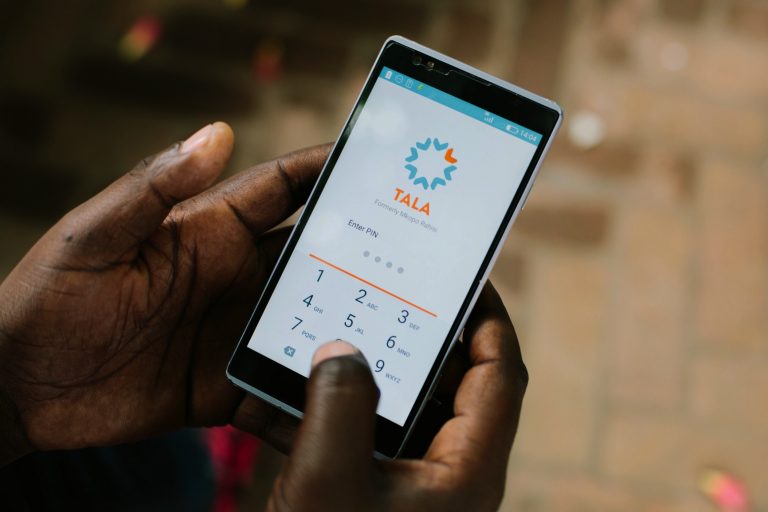
Tech company Google has recently taken down hundreds of loan apps from its play store in Kenya since its policy last year that mandated these apps to submit proof of license to operate in the country, or risk removal from Play Store.
Google said, “Digital credit providers (DCP) should complete the DCP registration process and obtain a license from the Central Bank of Kenya (CBK). You must provide a copy of your license from the CBK as part of your declaration”.
Following Google’s guideline for loan apps, the Central Bank of Kenya in January 2023, disclosed that it received 381 applications since March last year from money lenders applying for a license. The CBK further revealed that only 22 loan apps were given licenses to operate, owing to the fact that they complied with all requirements from regulators and agencies.
Register for Tekedia Mini-MBA edition 19 (Feb 9 – May 2, 2026): big discounts for early bird.
Tekedia AI in Business Masterclass opens registrations.
Join Tekedia Capital Syndicate and co-invest in great global startups.
Register for Tekedia AI Lab: From Technical Design to Deployment (next edition begins Jan 24 2026).
Google’s recent action to curb unregulated loan apps in Kenya comes in the wake of similar efforts in India, Indonesia, and the Philippines, where the providers are also required to have requisite permits from authorities that regulate the financial services sector to be listed on Play Store.
It is interesting to note that Kenya and Nigeria are major tech hubs in Africa, which have witnessed the proliferation of loan apps, offering quick unsecured personal or business loans. Some of these loan apps operate with no regulation by the government, expired licenses, and in some cases, no licensing.
The interest rate for an average commercial bank loan in Nigeria is 24 percent each year. However, loan apps’ interest rates are between 75 percent and 395 percent per year. The lack of stringent regulations, and Google Play Store’s slack vetting process, have enabled the rise of rogue operators, necessitating authorities to take apt measures to protect citizens.
The proliferation of online loan apps in these countries by some fraudulent and unscrupulous profiteers has become a necessary evil for many low-income earners, who are coerced to borrow to cushion the effects of harsh economic realities.
Unfortunately, many of them get trapped in the unhealthy practices of some of these loan apps hosted on Google Play Store by individuals and companies. Users are expected to repay loans at astronomical interest rates within 3-7 days as against the 91 to 365 days claim on the Google Play store.
Once they default on payment of the loan, these apps go as far as illegally accessing their contacts to message them, requesting the payment of the loan which is a very illegal practice. In Nigeria, the Central Bank of Nigeria (CBN) Consumer Protection Regulation does not permit any financial institution to contact friends, employers, or relatives of a loan defaulter unless consent is granted.
Meanwhile, most of these loan apps flagrantly disregard consumer protection regulations and regulatory agencies. Loan apps have continued to grown in high prominence because of how tough it is to get a bank loan. However, with proper scrutiny of their operations from the right bodies/agencies, it will eliminate rogue apps thus eliminating unhealthy loan practices.



